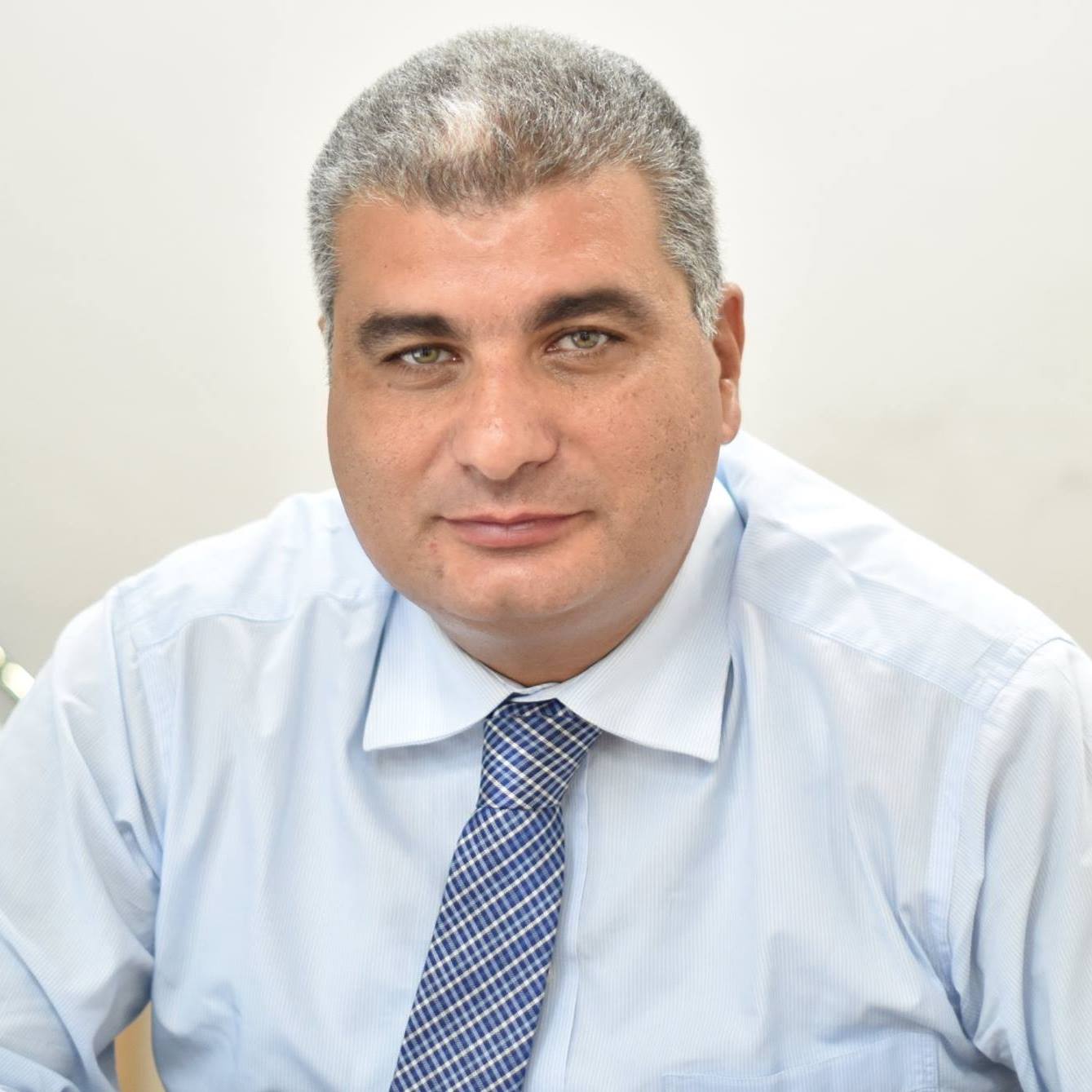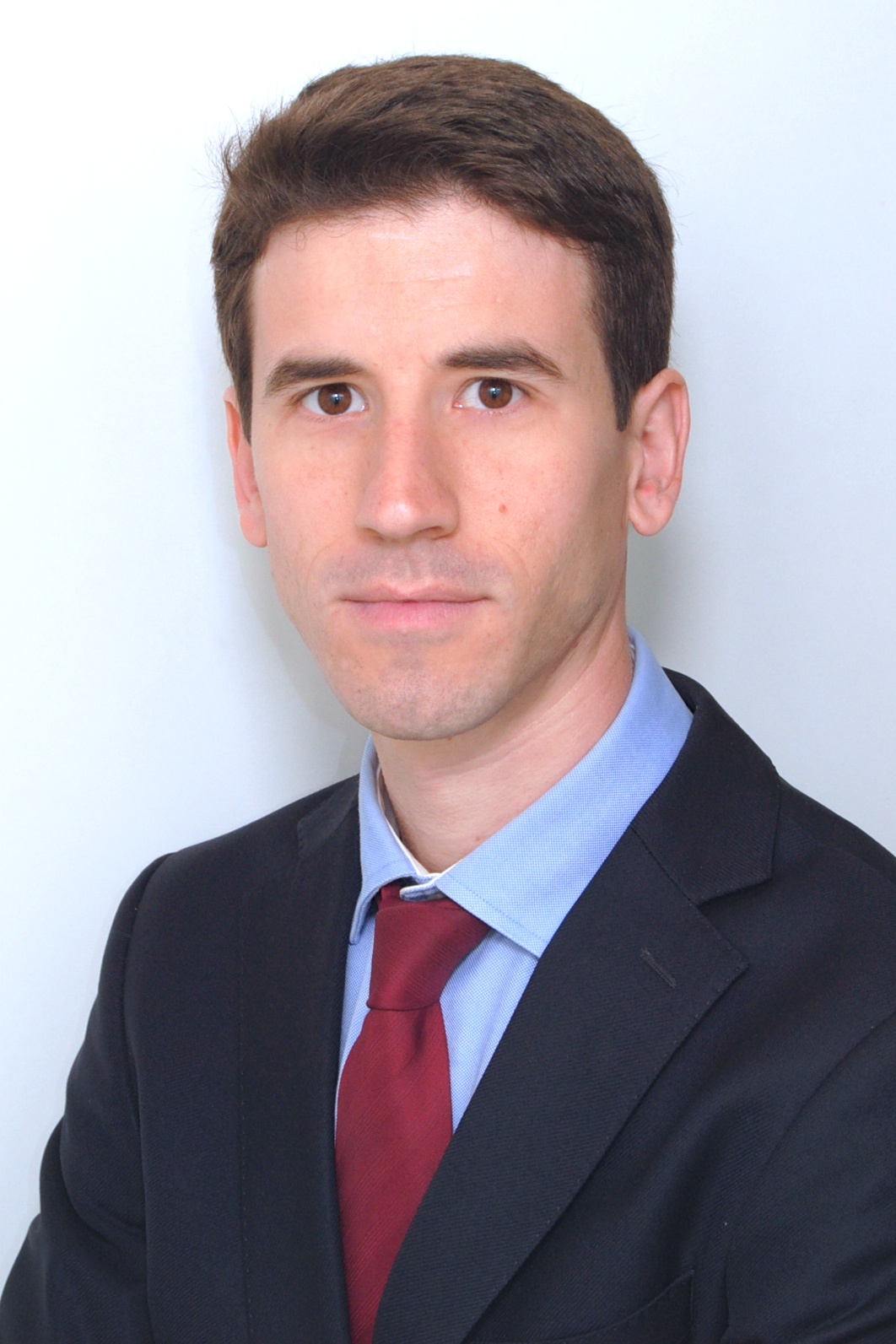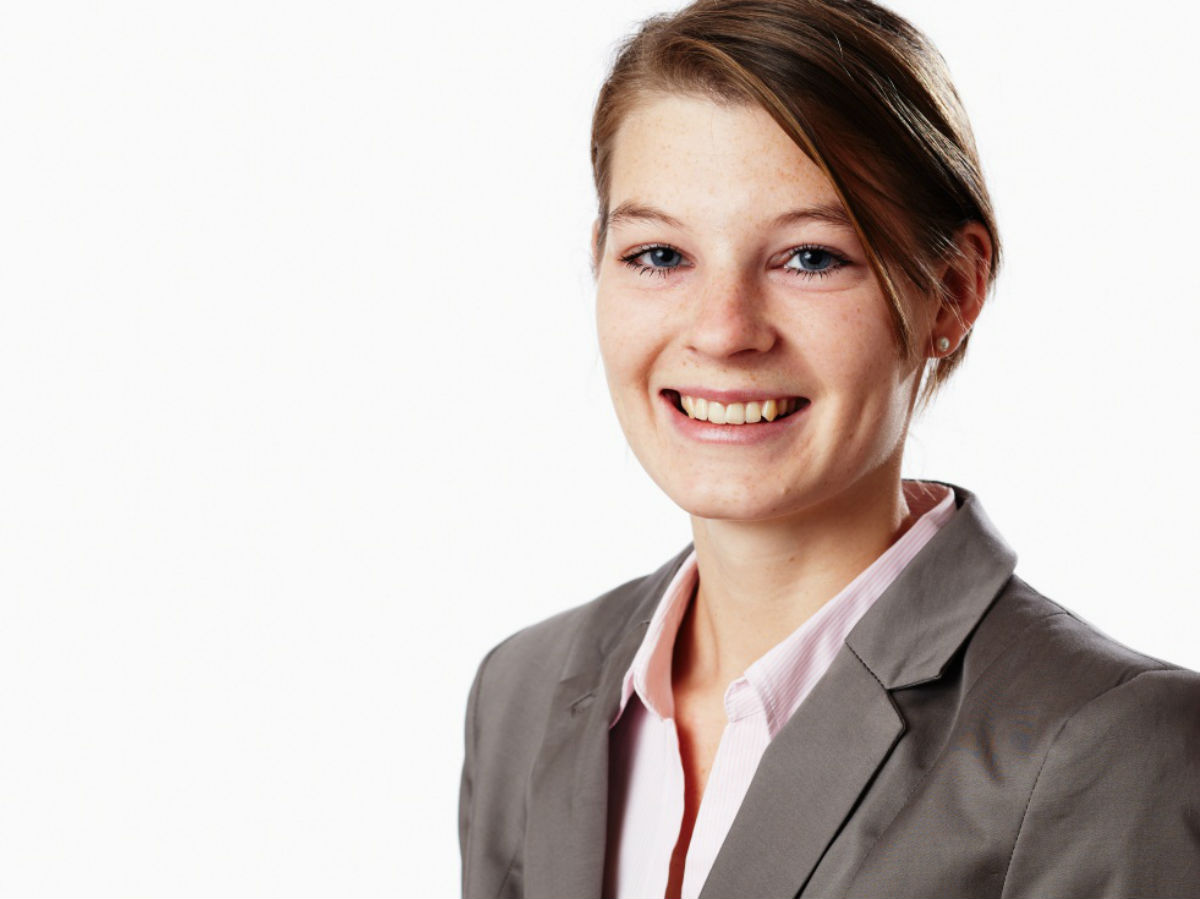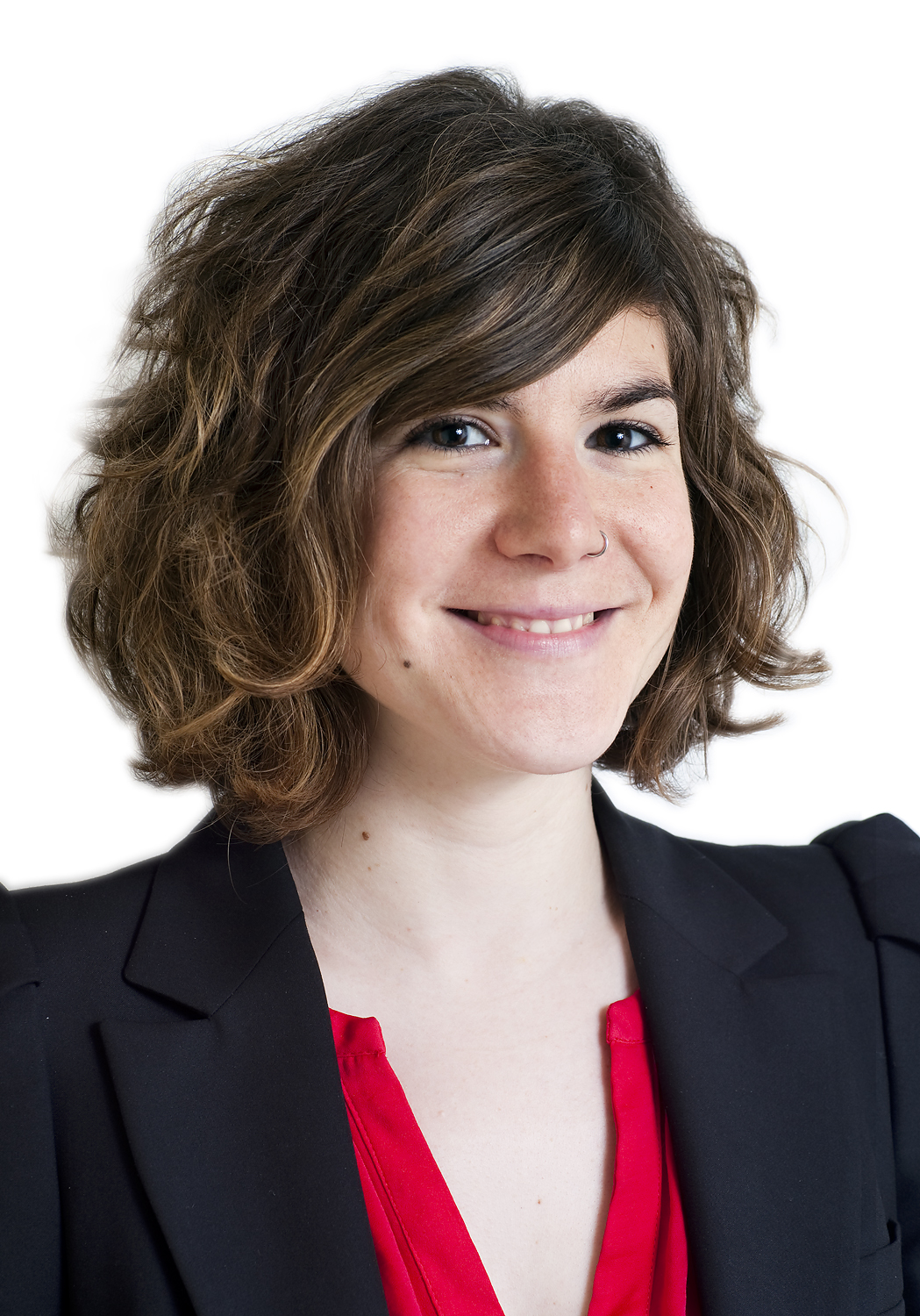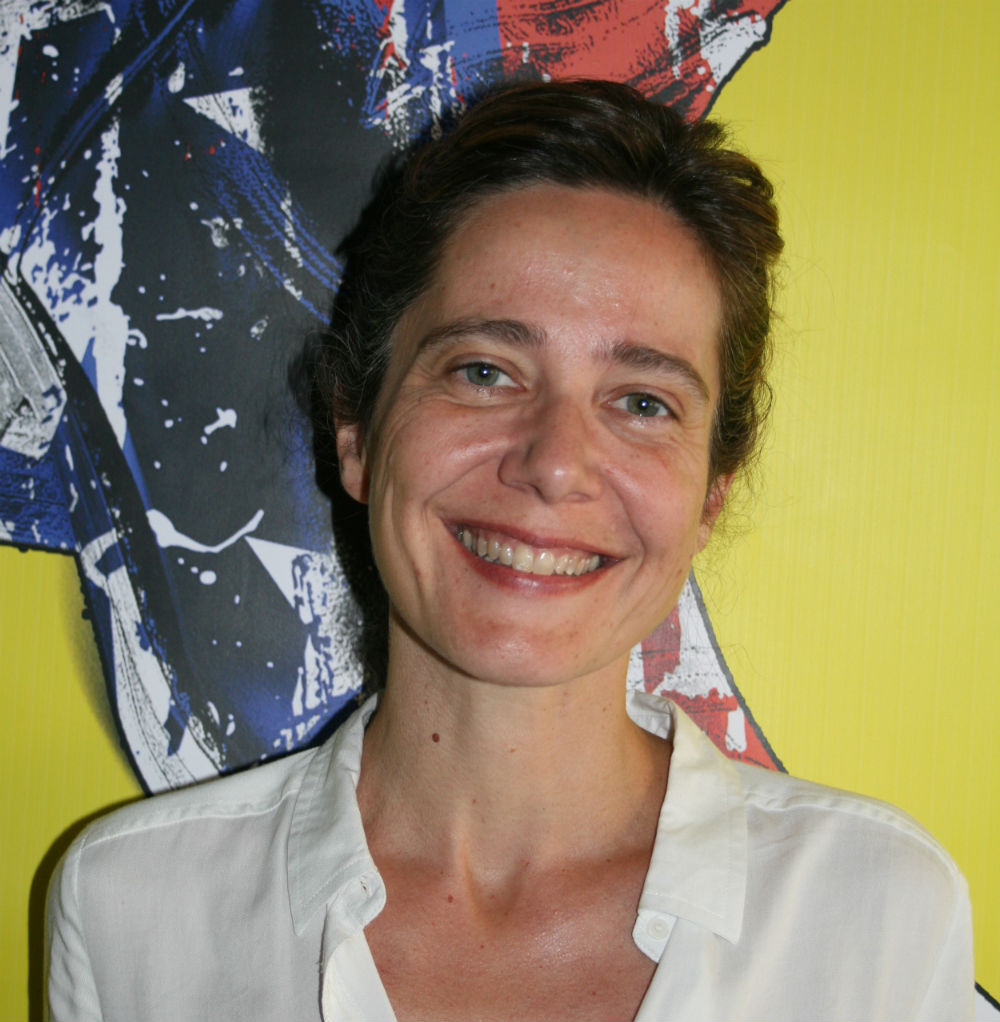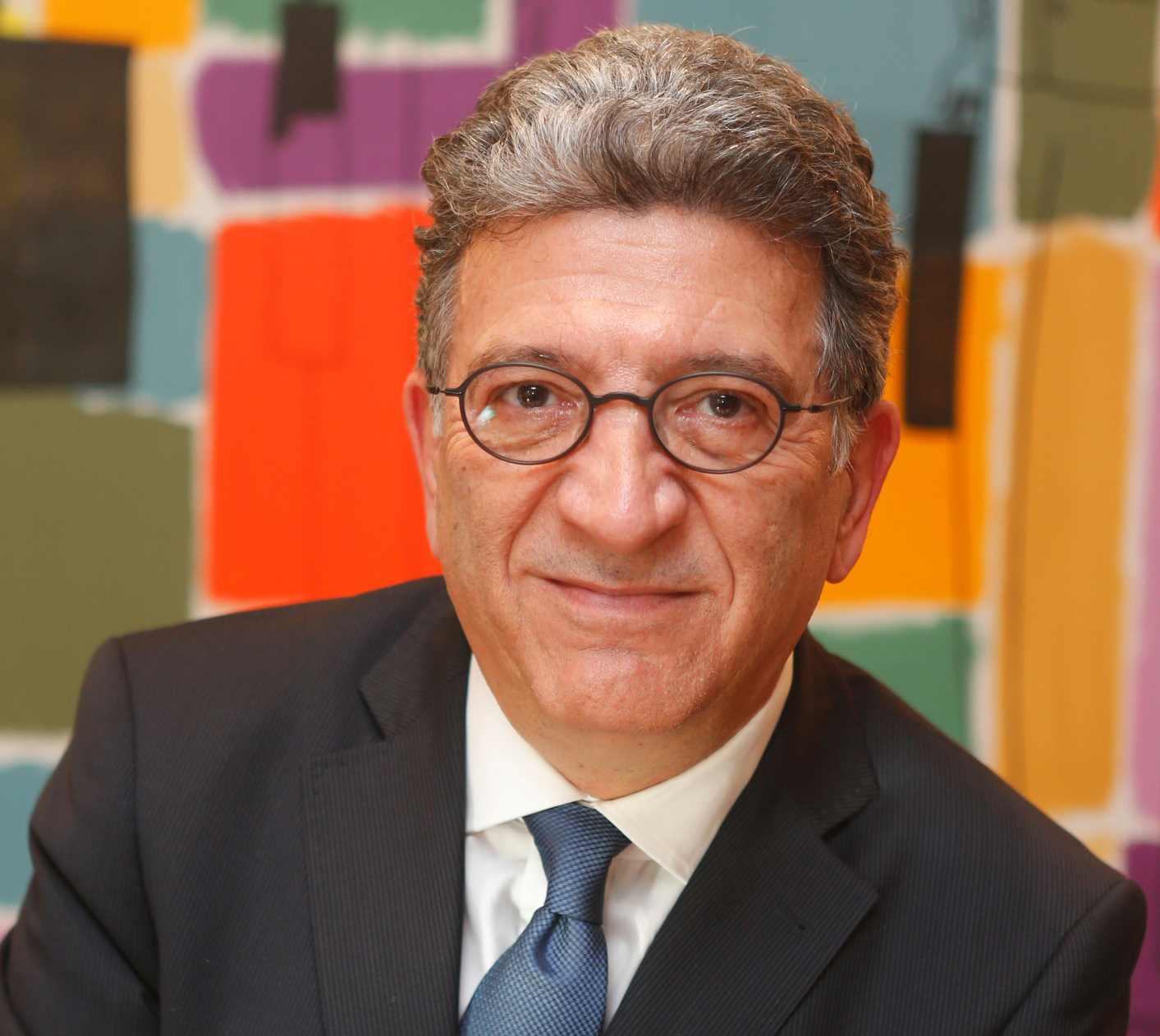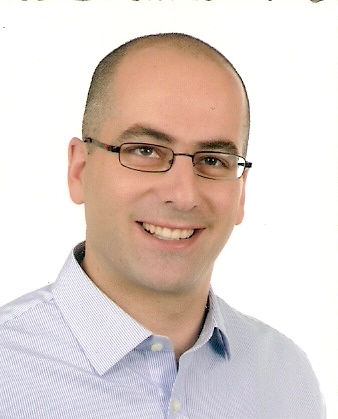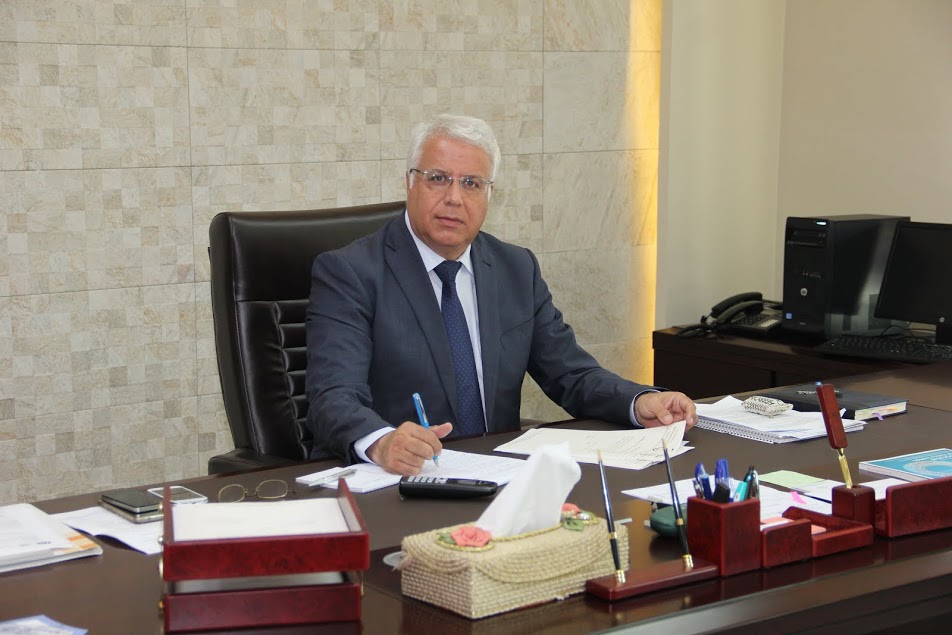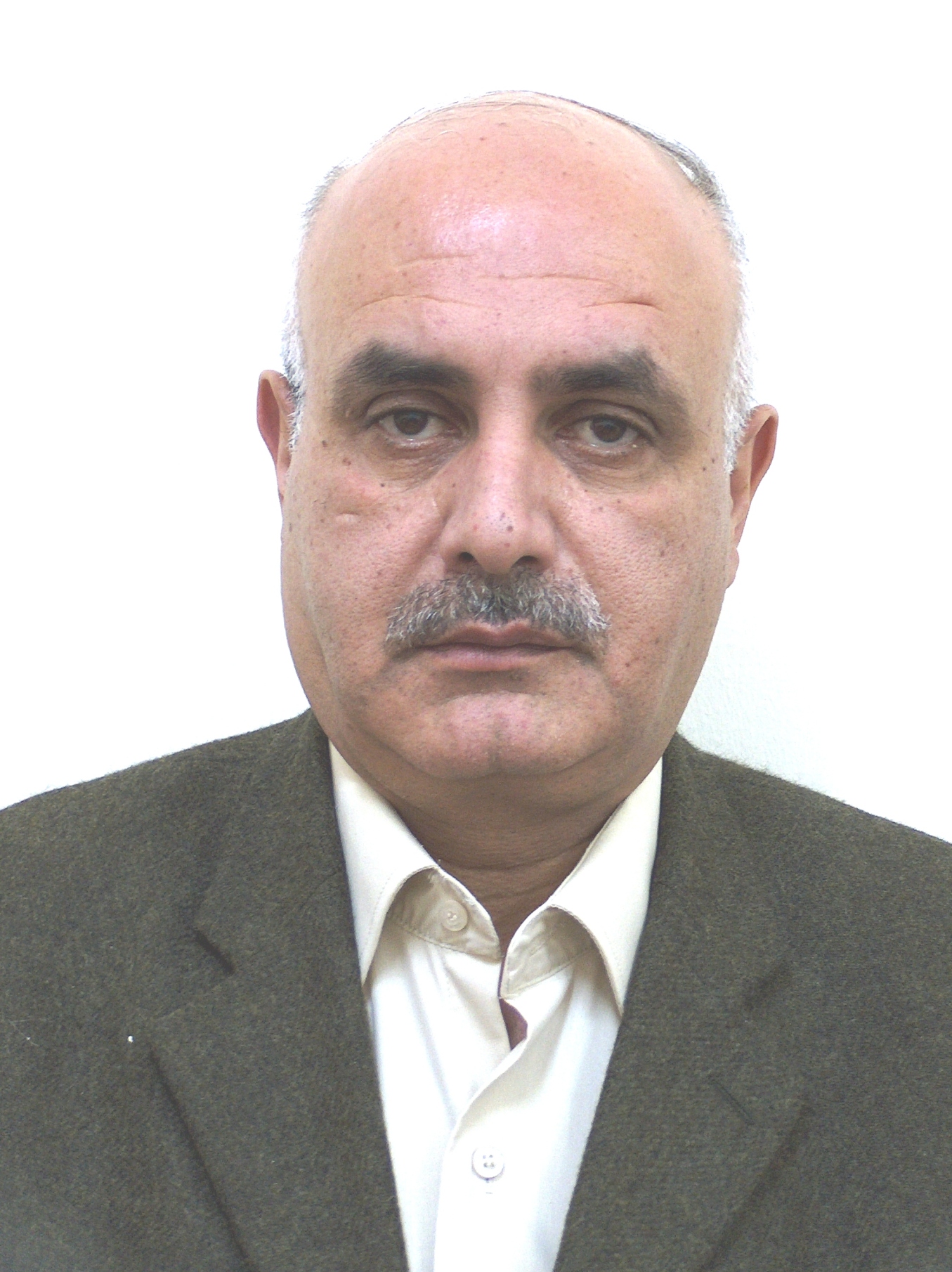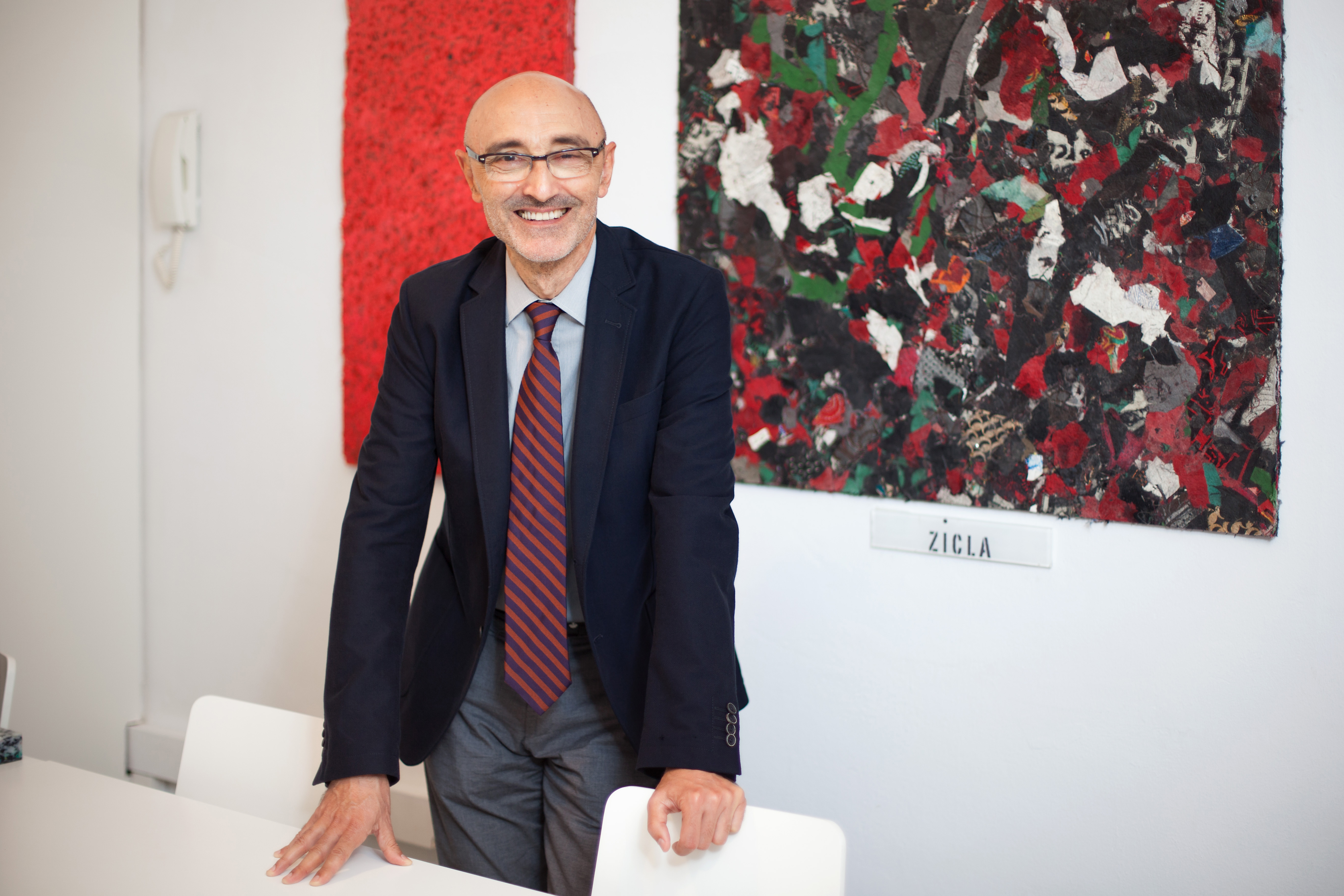Parallel Tracks
Policy Track 2: Sustainable Development Goals in a Changing Climate
The session will debate the challenges facing achieving sustainable development goals by 2030, taking into account the impacts of climate change, as well as the state of conflict and chaos facing many parts of the world. The discussion will focus on the Arab region as example of a region facing conflicts, wars and occupation, and still having to achieve stringent development goals and targets by 2030. AFED will present the first findings of its landmark report on challenges facing achieving SDGs, to be officially released on 10 November. The discussion will concentrate on what are the enabling conditions needed to achieve the SDGs, broadly pertaining to governance and financing, with special concentration on green economy.
The session is organised in collaboration with Najib Saab (AFED), Marwan Rizkallah, Lebanon (LEPAP) and Michèle Gendreau-Massaloux (Groupe interacadémique pour le développement). The session will include a preview of the main findings of AFED 2016 Annual Report.
Industry Track 3: Resource Efficiency and Cleaner Production for the Commercial Sector
Tailoring RECP approach by applying it on commercial sector in a RECS (Resource Efficiency in Clean Services) approach. As economic activities in the Arab countries comprises mostly commercial services, and as these services consume potential resources and produce huge amount of wastes that could be hazard sometimes, we propose a method for tailoring RECP to commercial sector using the new RECS approach. It is expected that RECS approach will mitigate the potential adverse impact of the commercial sector and help preserve the resources as well as the environment.
This session is organised by the Palestine Academy for Science and Technology (PALAST).
[Read more]
Entrepreneurs Track 3: Transfer and Adaption of Sustainable Business Models in the Mediterranean
The session will debate how to generate a value chain for products using local resources. How to connect and grow up collaborating with other similar environments will also be addressed. A case study: Pep Lemon. This session is organised by Rainer Agster (SEED Initiative) and Carme Verdaguer & Cristoph Hafner (Lemon Factory).
Finance Track 2: Building a Green Impact Investing Network for the Mediterranean (closed participation)
Increased cooperation between financing institutions in the Mediterranean will help boost access to finance for green entrepreneurs – which examples can we learn from? This session is organised by SCP/RAC and FEBEA.
Entrepreneurs Track 2: Circular Economy Opportunities In The Mediterranean Cities (Part 2) - Urban Acupuncture Workshop
As a practical follow-up to Part 1 of “Circular Economy Opportunities for Mediterranean Cities”, Part 2 of the session will provide participants with an opportunity to apply the principles of circular economy as they brainstorm solutions to common environmental challenges in urban areas, including transportation; food, water and energy supplies; and waste management. Participants will be encouraged to consider how ‘urban acupuncture’ approaches – small-scale interventions to transform the larger urban context – can be implemented in their own communities.


 Français
Français